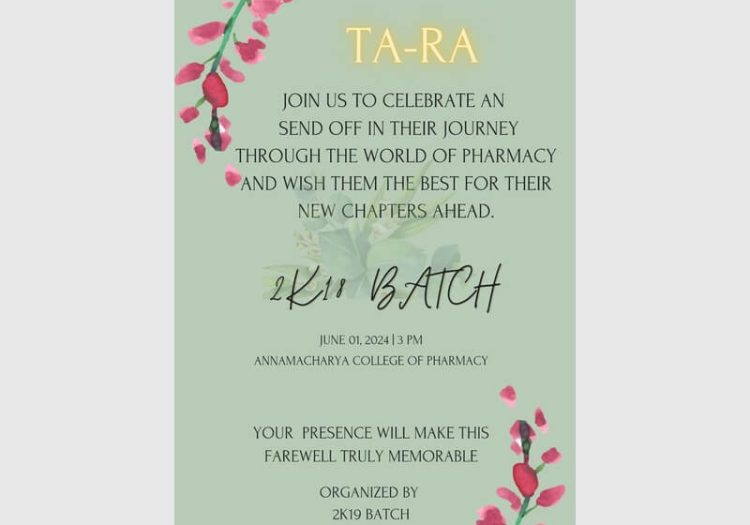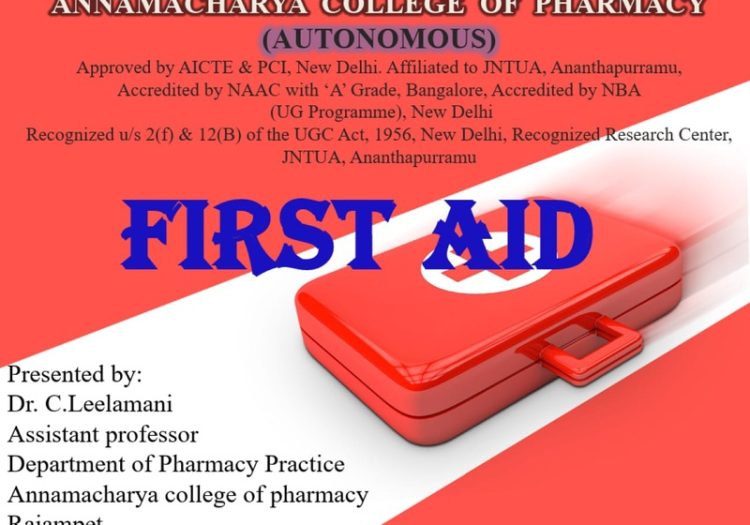
Tips to prepare for campus placements
Well, with the campus placement season beginning, all college students in studying in their final year are gearing up to land their first jobs. However, just like all other things in a career life, you need to not just prepare but also chalk out an Action Plan for your approach, so you can land the perfect first job.
So, what all do you need to keep in mind while you are chalking out your Action Plan? Read on to find out the important aspects.
The first thing you need to remember is that there are these typical campus recruitment levels that almost every company follows on the day of campus recruitment. That is:
- Pre-placement talk
- Aptitude test
- Group discussion
- Personal interview
- Final review by selection committee
- Final selection offer
And, here’s what the steps of your Action Plan should look like:
- Do a SWOT analysis on yourself (Self Evaluation)
- Brush up your aptitude skills
- Practice for GD
- Prepare for PI
- Final review by selection committee
- Research the company thoroughly
Step 1: Self Evaluation - Assess your Strengths, Weaknesses, Opportunities, Threats (SWOT)
Reflect on who you are and what you want and identify your strengths and accomplishments. Take a look at your hobbies and volunteering efforts. Make a list of the things you enjoy doing and a list of the things you never want to do again. If you like, take a few career assessment tests to learn more about your personality type and style and think on the results. Be clear about the type of job you want.
Step 2: Brush up your Aptitude Test Skills.
Talking of hurdles, this is a big one!
Well, your job aptitude tests are quite similar to those competitive entrance exam tests that most of you may have taken before. The typical questions are around: Analytical & Quantitative Skills, Logic & Reasoning, Data Interpretation, Written Communication, and Subject Knowledge. While most students are nervous about the aptitude tests, it is pretty simple to take. All it needs is practice. Don’t expect to master the aptitude skills in just a week or two. At least 1.5 – 2 months of practice is required.
How to Prepare:-
- In your spare time, solve a good puzzle book.
- Practise with CAT preparation material for aptitude tests. Google search is another good source of question papers.
- Solve papers completely (especially those of companies planning to visit your campus) in strict exam conditions, to get a first-hand feel of the level of difficulty and the desired speed.
- Ensure that you solve each problem you gather at least once, including the ones you couldn’t solve while you were simulating the actual test.
- Go back and review your curriculum from last few semesters. Just browse through your presentations or notes that you have.
Step 3: Ready yourself for the Group Discussions (GD)
The Group Discussions round is where you need to show your skills in: initiative, knowledge and Ideas, verbal communication, expression and exchange of thoughts, listening skills, leadership and coordination capabilities. In this round, each group is generally given a topic of discussion, on which every member is supposed to present their thoughts on.
How to prepare?
- Surf the Internet for some good tips on GDs, ground rules, common topics and GD etiquettes.
- Then form a GD practice group along with some serious fellow students. GDs can be a tricky affair because you need to walk a fine line between being too aggressive and too meek. You can’t hog all the limelight, yet you can’t hide in the background. You can’t be too loud or too soft. Practice well to get the balance right.
- You must share your own views, or else you will not be able to speak with conviction. But to develop a viewpoint, you need to be aware of the facts, Read newspapers, magazines and watch news to know the world around you. Awareness will give you sufficient fodder for a discussion.
Step 4: Prepare meticulously for Personal Interviews (PI)
The objective of the Personal Interview round is essentially to check a candidate’s communication skills, ability to work in a team and whether his or her skills are appropriate for the job. A personal interview allows company personnel to understand you and identify your motives for applying for a particular job. The suitability of a candidate is decided on the basis of the knowledge and the requirements of the particular profile for which he or she has applied.
How to prepare?
- Read all you can about interviews, by logging on to the Internet.
- Create, collate or download a list of common interview questions.
- Next, think about the common interview questions: About yourself, strengths and weaknesses, long-term and short-term career goals, what motivates you, skills and career interests.
- Be ready for the technical interview questions aimed at testing your depth of knowledge. In this round, recruiters will ask you questions on your interest of domain areas. So, make sure you have revised all the critical parts of your curriculum from the previous semesters.
- Get reviewed and Incorporate improvements on the basis of feedback. Get someone with industry experience (and of course, the willingness to help), to review your answers. Get someone – Ask your friend, senior or your training and placement officer to interview you and give you an objective feedback on your answers, body language, attitude and confidence. Revisit your approach and incorporate whatever feedback makes sense.
Step 5: Conduct Adequate Research on the Companies & Industries
This step is very important between the time you have applied for the placement and the time when you actually sit for the recruitment process of the company.
How to prepare?
- Surf the Internet for information regarding the company – history, locations, main products/services, and for any major news story in the past two to three months.
- Also read about the industry-major players, industry history, major challenges, trends and future direction.
- Make sure you have read and understood the job description (JD) properly. If you have not understood any of the tasks, refer to the Internet, or ask your placement officer so as to gain clarity on that bit.
- Knowing the company and industry, adds credibility when you say you want to work there. Being well-informed reflects interest, a potential to become productive early, and also one’s ability to make a sincere effort.
Finally, here are some other important titbits you need to take care of:
- Spot the opportunities:- Talk to your training and placement officer and keep abreast of companies visiting the campus, the roles on offer and their selection processes. Some companies may cancel their visits at the last minute and some new ones may be roped in. Keeping track of these developments as they happen could prove to be vital.
- Get a set of formals:- Go for plain white, well-fitted, full sleeve shirts, black trousers without pleats, a matching well-tailored blazer suit, and plain black leather shoes. You could give the tie a miss. Women have several options when it comes to formals. A light-coloured formal shirt and black trousers with a matching well-tailored blazer suit, or a simple, light-coloured salwar suit, will do. Avoid something too flowery or ornate, and team it up with a pair of formal shoes or appropriate footwear.
- Pay attention to grooming:- For boys, go for short cut hair, no spikes and clean shaved look. Girls, tie-up or tie-back your hair (no bangs spilling onto the forehead), no excessive make-up.
- File all certificates:- Get together all your educational and non-education certificates including Class 10th and Class 12th mark sheets, technical certifications, even the one that you received for singing on Annual day in Class 5th and the NCC and NSS certificates and every documentary proof of achievement so far. Arrange them neatly in a file folder and have them at hand during your interview.
- Enjoy the ride:- This is more important than it seems. After all, how can you give a winning performance if you do not enjoy it? People invariably do much better in the interviews if they enjoy. Just before the interview, think of your past successes and achievements. Get into a positive, confident mood. Just go out there and have fun.
Campus placements can be one’s ticket to a great future. Plan well, prepare hard and be positive!
Along with technical expertise, development of a holistic personality is also necessary. Keeping this in mind, at all our colleges, we operate a fully-fledged training programmes to enrich the skills of the students and ensure their placements. Contact us to know more!
With that, we would like to bring the post to a close. If you have enjoyed reading the article and found some benefit from it, do let us know in the comment box below. Also, do not get too stressed and make sure to follow all the points mentioned. If you can keep up with that, you can ace the entrance exams.
Follow your dreams and make the best of your bright future ahead. Good luck!











